Affiliate links on Android Authority may earn us a commission. Learn more.
Google Wallet vs Apple Pay vs Samsung Wallet: Which is right for you?
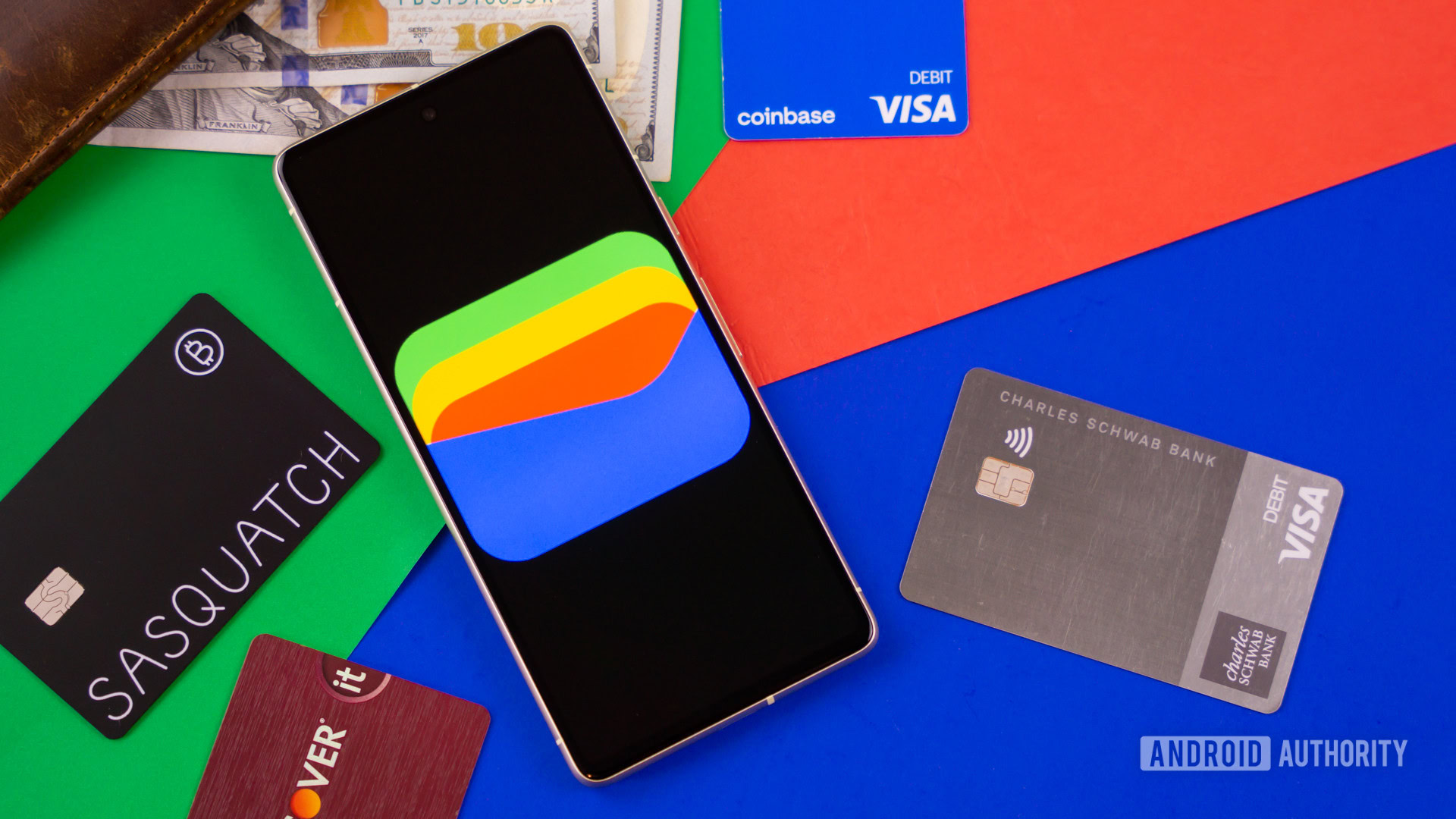
Tap-to-pay has proliferated to a point where it doesn’t feel new anymore. We’ve seen competitors come and go, like LG Pay, but the market is dominated by only three options these days. They include Google Wallet (and Google Pay), Apple Pay, and Samsung Wallet. They have changed a bit over the years, but the mainstay features remain the same. We’ll compare all three and see which one is actually the best.
QUICK ANSWER
Those with Apple phones will certainly benefit most from Apple Pay. Android phone owners are best served with Google Wallet. However, if you own a Samsung phone, Samsung Wallet is integrated just a little better. Which one is better will depend on multiple factors, and what you value. Of course, the biggest factor is likely which phone you have. Let's dig deeper into the topic.
JUMP TO KEY SECTIONS
Basic comparison and stats
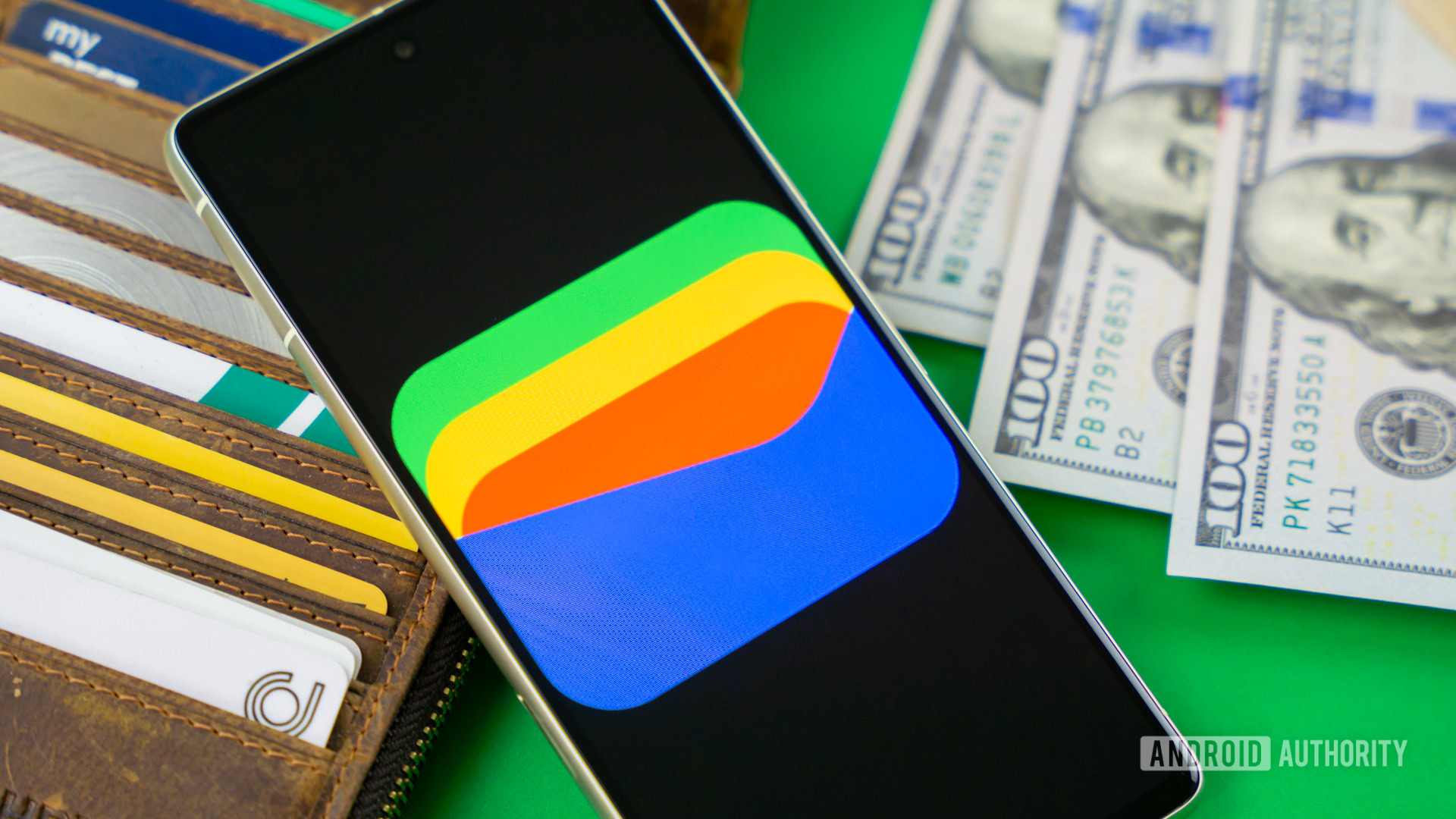
| Google Wallet / Google Pay | Apple Pay | Samsung Wallet / Samsung Pay | |
|---|---|---|---|
Maximum number of payment methods. | Google Wallet / Google Pay Unlimited | Apple Pay 16 | Samsung Wallet / Samsung Pay 10 |
Maximum you can spend at once (in USD). | Google Wallet / Google Pay Google Pay has a $2500 maximum, but we could find no such restrictions for Google Wallet. | Apple Pay Apple has a massive list of limits based on country or region on its support website. In the US, there doesn't seem to be an upper limit. You might have to sign for transactions over $50, though. | Samsung Wallet / Samsung Pay Samsung Wallet has no limit. |
Tap to pay | Google Wallet / Google Pay Yes, Android phones and Wear OS smartwatches only. | Apple Pay Yes, for iPhones, iPads, and Apple Watches. | Samsung Wallet / Samsung Pay Yes, on Samsung phones and Galaxy Watches only. |
Can you use it on websites to buy things? | Google Wallet / Google Pay Yes. | Apple Pay Yes. | Samsung Wallet / Samsung Pay No. |
Digital (or virtual) card numbers to hide your real card number | Google Wallet / Google Pay Yes, by default. | Apple Pay Yes, by default. | Samsung Wallet / Samsung Pay Yes, by default. |
Credit and debit card support. | Google Wallet / Google Pay Yes, from most banks and credit unions | Apple Pay Yes, from most banks and credit unions. | Samsung Wallet / Samsung Pay Yes, from most banks and credit unions. |
Card verification methods | Google Wallet / Google Pay Text, call, and email for most banks. | Apple Pay Text, call, and email for most banks. | Samsung Wallet / Samsung Pay Text, call, and email for most banks. |
Loyalty cards support | Google Wallet / Google Pay Yes. | Apple Pay Yes. | Samsung Wallet / Samsung Pay Yes. |
Gift cards support | Google Wallet / Google Pay Yes, as long as the gift card issuer supports it. | Apple Pay Yes, as long as the gift card issuer supports it. | Samsung Wallet / Samsung Pay Yes, as long as the gift card issuer supports it. |
Transit or boarding passes support | Google Wallet / Google Pay Yes. | Apple Pay Yes. | Samsung Wallet / Samsung Pay Yes. |
Health passes / COVID-19 vaccine records support | Google Wallet / Google Pay Yes. | Apple Pay Yes. | Samsung Wallet / Samsung Pay Yes. |
State ID's and driver's licenses support | Google Wallet / Google Pay Yes, but this isn't available everywhere yet. | Apple Pay Yes, but this isn't available everywhere yet. | Samsung Wallet / Samsung Pay Yes, but this isn't available everywhere yet. |
Digital car keys support | Google Wallet / Google Pay Yes. | Apple Pay Yes. | Samsung Wallet / Samsung Pay Yes. |
Wearables support | Google Wallet / Google Pay Yes, Wear OS. | Apple Pay Yes, Apple Watch. | Samsung Wallet / Samsung Pay Yes, Galaxy Watches. |
Multi-platform support | Google Wallet / Google Pay Yes, but tap-to-pay is Android and Wear OS only. | Apple Pay No, only Apple devices can use Apple Pay. | Samsung Wallet / Samsung Pay No, only Samsung devices can use Samsung Wallet. |
Discounts and offers | Google Wallet / Google Pay Yes, in the Google Pay app. | Apple Pay No. | Samsung Wallet / Samsung Pay Yes. |
Can users earn rewards through use? | Google Wallet / Google Pay Yes, in Google Pay only, and only on select purchases. | Apple Pay Yes, but only if you get the Apple credit card. | Samsung Wallet / Samsung Pay Yes, but only when you buy Samsung products. |
Google Wallet pros and cons
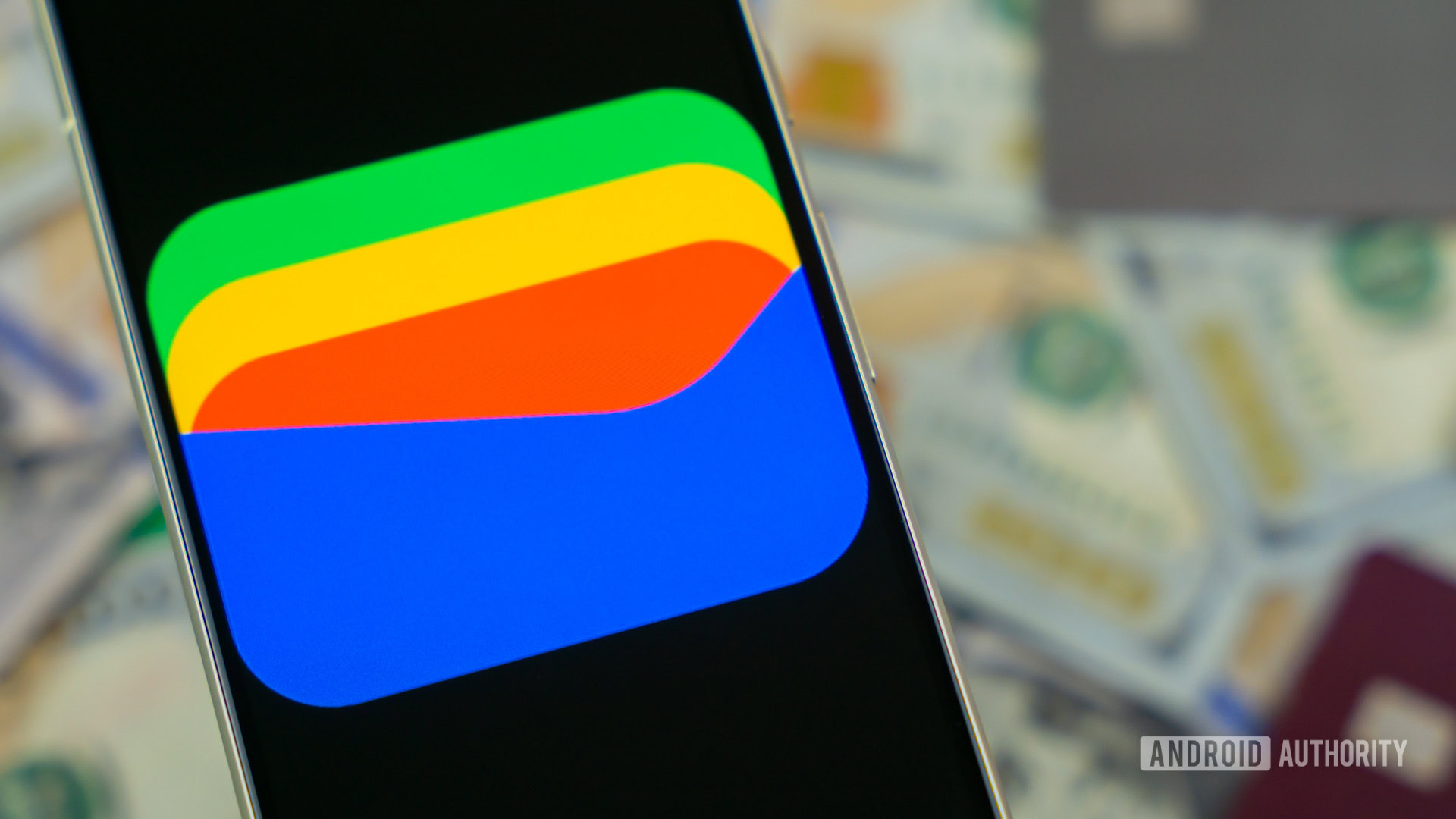
Pros
- It is deeply integrated with Google services. You set up Google Wallet, and it works on Google Play, Google Pay, and any website that supports Google Pay. It’s attached to your Google account, so migrating to a new phone only requires re-verifying your payment cards.
- Easy to use with a clean user interface. Google Wallet even works with Material You for a little extra flair.
- Supports the latest stuff. You can add credit or debit cards, loyalty cards, gift cards, transit passes, some forms of ID, digital car keys, and even COVID-19 vaccination records. Not only that, but a new feature allows you to store literally any document or text.
- This is the default option on Android and works on all Android phones with NFC.
- Integration with Wear OS smartwatches is relatively decent. I was able to make payments with my Galaxy Watch 5.
Cons
- Google had a second app, Google Pay, that also does contactless payment. Wallet is the new, rebranded app. The features are split, so you need both apps to get every feature. Between the redesigns and the rebranding, Google has been sloppy with this over the last few years. However, Google is streamlining the experience, and Google Pay was discontinued in June 2024, at least in the USA. That said, the service is still called Google Pay when using it for in-store and online purchases.
- While it is available on iOS, you cannot use contactless payment.
Google Wallet was rebranded and re-released to the public in 2022. With it came Material You theming, new functionality, a new UI, and better ease of use. It sits in your app drawer, largely untouched once you set everything up. Setting things up only takes a few minutes.
In day-to-day use, it works like Samsung Wallet and Apple Pay. You have options to access it from the lock screen, the main app, or via a quick settings toggle. You can also turn on your screen and immediately tap to pay. I also tested it on a Galaxy Watch 5, which worked as you would expect.
At this point, if Google Wallet didn't work as expected, there would be serious problems. Thankfully, it works as expected.
What makes Google Wallet good is that it just works. The technology is old at this point, so any hiccups would be a serious cause for concern. Adding payment cards, loyalty cards, and all of that is fairly quick and easy. Accessing them is about as easy.
Your cards are also available in places like the Google Play Store and the original Google Pay. Google does a nice job porting your payment information to its other apps and services without much effort on your part. That’s especially good news, considering how bad Google Pay has been.
As the default tap-to-pay option on Android phones, Google Wallet carries the torch well.
In short, Google Wallet is an easy option and works well. However, if you want all of the features, like perks and rewards, sending people money, etc., you would usually have to use both Google Wallet and Google Pay. That was a bit confusing. That said, this is changing and Google Wallet has evolved quite a bit. It can already do pretty much everything on its own, and Google phased out Android Pay in June 2024.
Apple Pay pros and cons
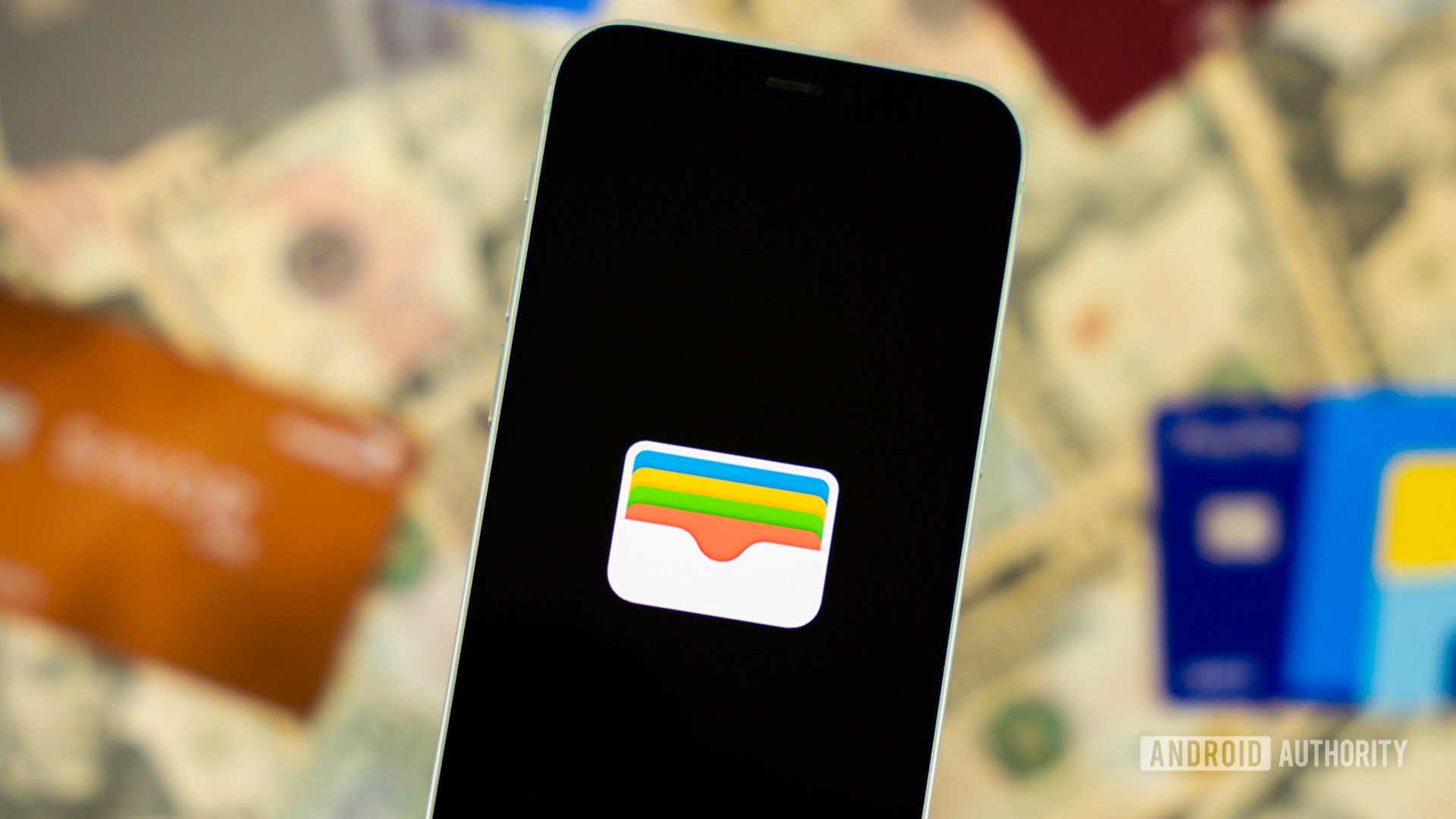
Pros
- It is tightly integrated with all Apple services and hardware. You set it up once, and it’s ready on your Mac, iPhone, and iPad.
- Apple Pay lets you add credit and debit cards, an Apple account, transit cards, and driver’s licenses.
- Apple is very consistent with its verbiage, unlike Google Wallet and Pay, so it’s Apple Pay with TouchID everywhere.
- The app is straightforward, with easy controls and logically labeled options. There is direct access to the iOS settings menu for easy management.
- Apple’s credit card integrates directly with Apple Pay. This is unique since the other competitors don’t offer credit cards at all.
- Excellent integration with the Apple Watch.
- Apple Pay is the most widely supported contactless payment option.
Cons
- Apple Pay does work on websites, but it isn’t quite as common as Google Pay, at least for now.
- You can only use Apple Pay on iPhone, iPad, Apple Watch, and Mac. There is zero support for other platforms. The tight integration is nice, but it comes at the cost of exclusivity.
Apple Wallet is tough to write about because it definitely follows Apple’s mantra of “it just works.” I tested Apple Pay on a MacBook Air and an iPhone, which was pretty easy in both cases. Setting up a payment card took a minute at most. The service gets out of your way once it’s all set up, and I never had to go into the app to use it.
In practice, it works exactly like Google Wallet. You turn on your iPhone, tap to pay, and you’re on your way. I have the first-generation iPhone SE, so I set it up to double-tap the home button, which worked swimmingly. You can use Touch ID or Face ID, which I recommend, as it’s much faster than entering a PIN.
Apple Pay perfectly personifies Apple's mantra of things just working. After set up, you never have to open the app again unless you have to update something.
The nice part of Apple Pay is how well it integrates with everything. I initially set it up on the iPhone and could immediately use it on the MacBook. It’s just there, and it works. The settings for Apple Pay are in the iOS and macOS settings. As I said earlier, you never have to open the app again if you don’t want to.
The only downside to Apple Pay (and Apple Wallet) is the small stuff. You can send money, but you have to use Messages for it, which seems arbitrary to me. There aren’t any offers or perks for using it unless you sign up for an Apple credit card. I appreciate minimalism, but at the same time, it can occasionally feel too simple.
Samsung Wallet pros and cons
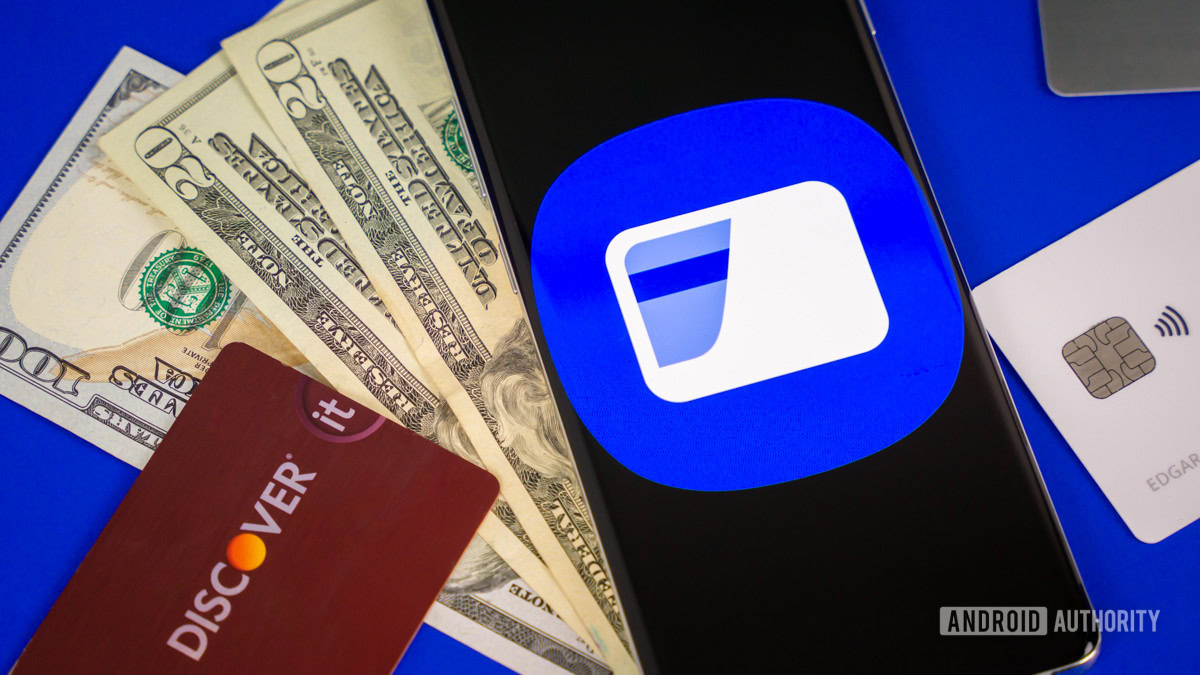
Pros
- Excellent integration with Samsung phones, including shortcut options to make access quicker and easier.
- It supports all of the most recent stuff, like IDs, COVID-19 vaccine records, transit passes, and digital car keys.
- Of all three apps, I personally think Samsung Pay has the best layout. Everything is very easy to find.
- Excellent integration with Galaxy Watch devices with built-in shortcuts you can’t get with Google Wallet.
- Integrates with your Samsung Account. Thus, if you get a new Samsung phone, all you should need to do is re-verify your card with your bank again.
Cons
- Samsung devices once used MST technology. MST allowed you to use tap-to-pay on terminals that were not equipped with tap-to-pay. It worked almost everywhere, and it’s disappointing that Samsung no longer uses MST.
- It is not available on websites, like Google Pay and Apple Pay.
- Samsung Wallet is only available on Samsung devices
As a Samsung user, I prefer Samsung Wallet. It works like the two big competitors in most ways. Adding payment cards, loyalty cards, etc., is simple. Once done, using the service is simple. It integrates well with Samsung’s One UI and your Samsung Account. Let’s just say it competes.
What I like about Samsung Wallet are the small touches. A software tab is available where you can pull Samsung Wallet up, enter a credential, and pay immediately. It’s subjective, but I think the Samsung Wallet UI is the easiest to use out of all three. It uses a tabbed layout with well-labeled and logical options.
Samsung Wallet (formerly Samsung Pay) used to work on every Android phone. Now, it only works on Samsung phones and smartwatches.
In day-to-day use, it works exactly like the other two. You activate it, enter a credential, pay, and then leave. I also tested it on my Galaxy Watch 5, which worked without issue. You can set it to activate tap-to-pay on the watch by long-pressing the back button, which I found convenient. My only issue was that the Galaxy S22 Ultra used Samsung Wallet, while the Galaxy Watch 5 still used Samsung Pay. It’s the same thing, but Samsung apparently isn’t done rebranding it yet.
The only downside to using Samsung Wallet is how it feels like another option in the pile. Years ago, you got points for each purchase you made. Those points were usable for themes in the theme store and discounts from Samsung. Back then, Samsung phones had MST, which allowed Samsung Pay to function on terminals without tap-to-pay functionality.
Now, Samsung Wallet has neither of those unique features, and it feels all the more empty for it. It’s still a great option, but only if you’re into Samsung.
Which one is the best
This is kind of a silly question, if we’re being honest. Most wallet apps are platform-specific, so it’s not like you can use Apple Pay on Android or Samsung Pay on iPhone. You pick your poison when you pick your phone. That said, maybe you’re using this comparison to help choose whether or not to use Android or iOS, so we’ll give it our best shot.
Google Wallet is the best overall

Google Wallet is the only service that boasts multi-platform support. Even if iOS users can’t use it to tap and pay, at least they can still use it.
- Google Wallet is easy to use with a functional, simple, and good-looking app.
- It’s not perfect, but it works on the largest number of devices and websites compared to all other competitors on the list.
- It supports the latest stuff, like COVID-19 vaccine records, state IDs, driver’s licenses, etc.
Apple Pay is the only choice for iOS users
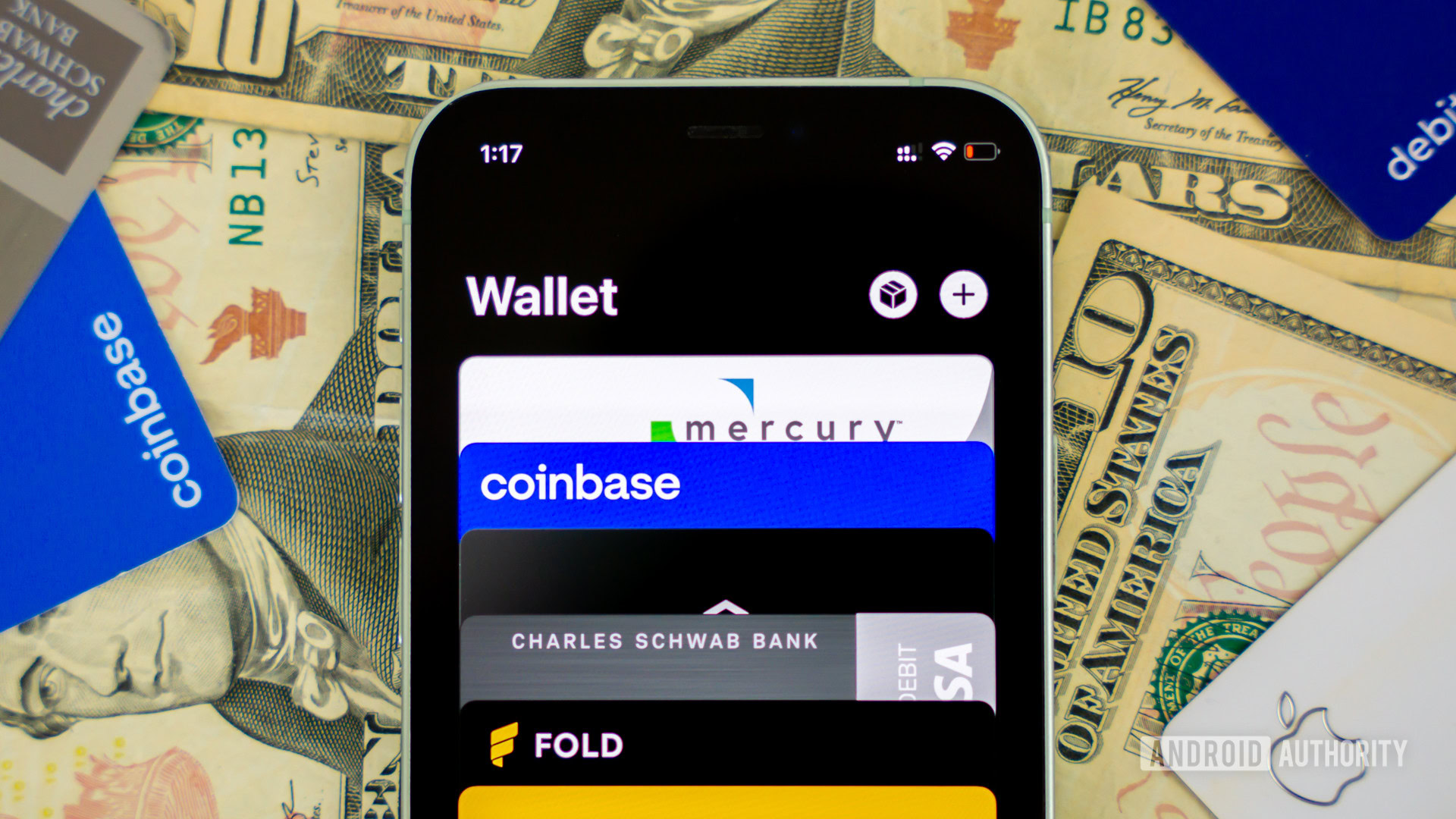
We’re kind of forced to recommend Apple Pay to Apple users. It’s pretty much the only option you get if you’re invested in the Apple ecosystem, or use an iPhone. Don’t get us wrong, it’s a great service, but you would have to use it even if it wasn’t.
- Deeply integrated with Apple hardware, making it easy to use if you own multiple Apple devices.
- It’s a dead simple app. There is no drama during set-up, and you can natively access the settings through your device’s menu.
- It’s not quite as popular with websites as Google Pay, but more and more websites support Apple Pay.
- It supports most of the latest stuff, like state IDs, driver’s licenses, digital car keys, etc.
Samsung Wallet is friendly and capable
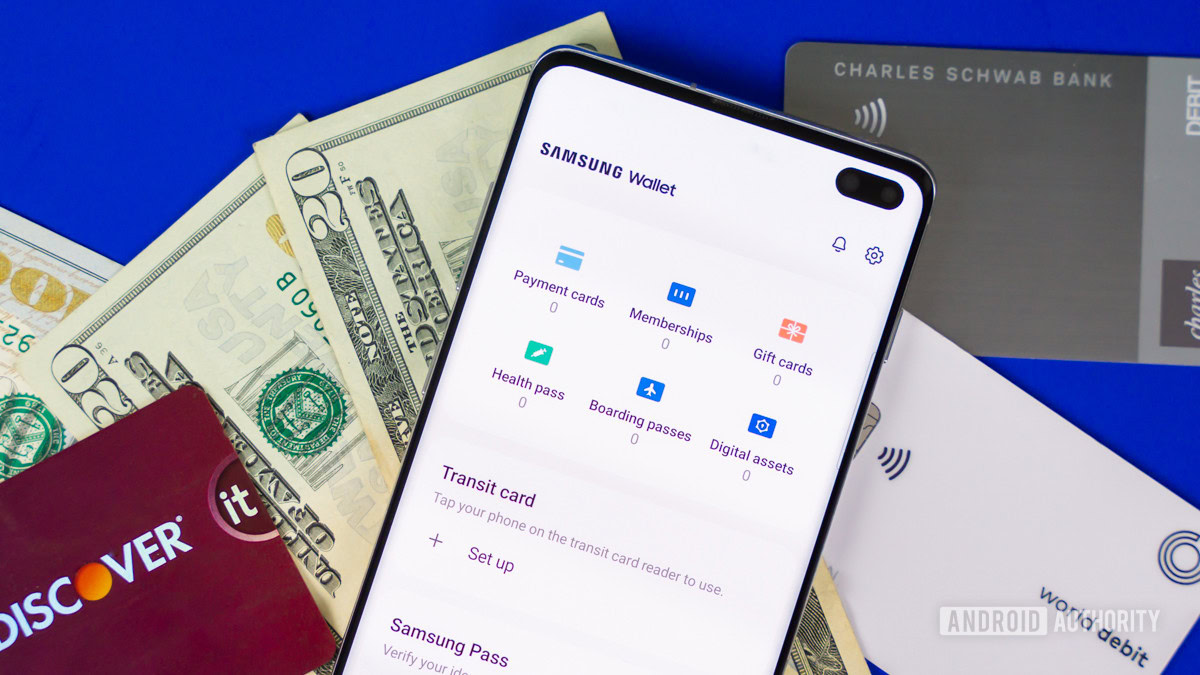
Samsung owners are the only ones with a choice, and we think Samsung Wallet is interesting enough to use instead of Google Wallet.
- It supports the latest stuff, like digital car keys, state IDs, driver’s licenses, COVID-19 vaccine records, etc.
- Excellent integration with Galaxy Watches, even if it’s still called Samsung Pay on the watch.
- It has the best perks and discount features of any of the competitors.
- You can still use Google Wallet on websites that accept Google Pay. It doesn’t mess up anything if you have both installed.